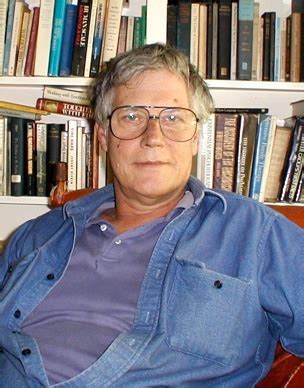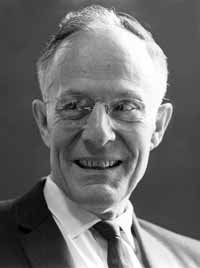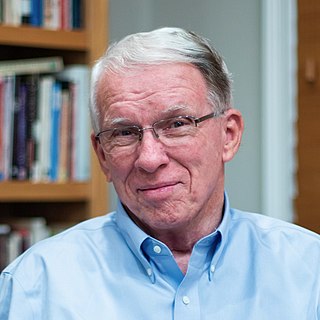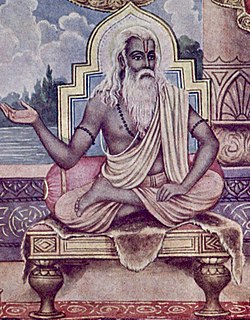A Quote by Ian Mcewan
It troubles him to consider the powerful currents and fine-tuning that alter fate, the close and distant influences, the accidents of character and circumstance.
Related Quotes
It's often hard to determine, especially in early drafts, whether or not a story has a bona fide complication. Remember this: A complication must either illuminate, thwart, or alter what the character wants. A good complication puts emotional pressure on a character, promoting that character not only to act, but to act with purpose.If the circumstance does none of these things, then it's not a complication at all - it's a situation. This situation, or setup, might be interesting or even astonishing, but it gives the story no point of departure.
There’s never a moment in all our lives, from the day we trusted Christ till the day we see Him, when God is not longing to bless us. At every moment, in every circumstance, God is doing us good. He never stops. It gives Him too much pleasure. God is not waiting to bless us after our troubles end. He is blessing us right now, in and through those troubles. At this exact moment, He is giving us what He thinks is good.
On a horse there is a perfect position of balance where he doesn't feel like he's pushing you along with him or dragging you along with him. It's like two converging currents in a river, where those currents converge, there is a point where there is no movement, no energy; and that's what you're thinking when you're on the back of a horse.
We must look back over our lives and look at some of the accidents and curiosities and oddities and troubles and sicknesses and begin to see more in those things than we saw before. It raises questions, so that when peculiar little accidents happen, you ask whether there is something else at work in your life.
Abortion is the insurance against that fate worse than death which is called a family. Our no-fault insurance has removed our responsibility for car accidents, and no-fault divorce has removed our responsibility for marriage accidents; why should abortion not be our no-fault sexual insurance policy that removes our responsibility for sex accidents?
When I'm writing, I try to have the mask of my character on as I'm walking through the world. When I'm not at my desk, the rest of the time, I try to stay in that character and see the world the way that character would It's almost like method acting in a way — keeping the character close the way the actor keeps a script close and always tries to be in character.







































